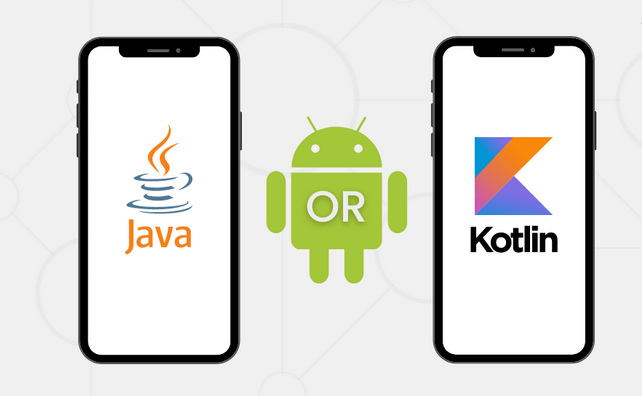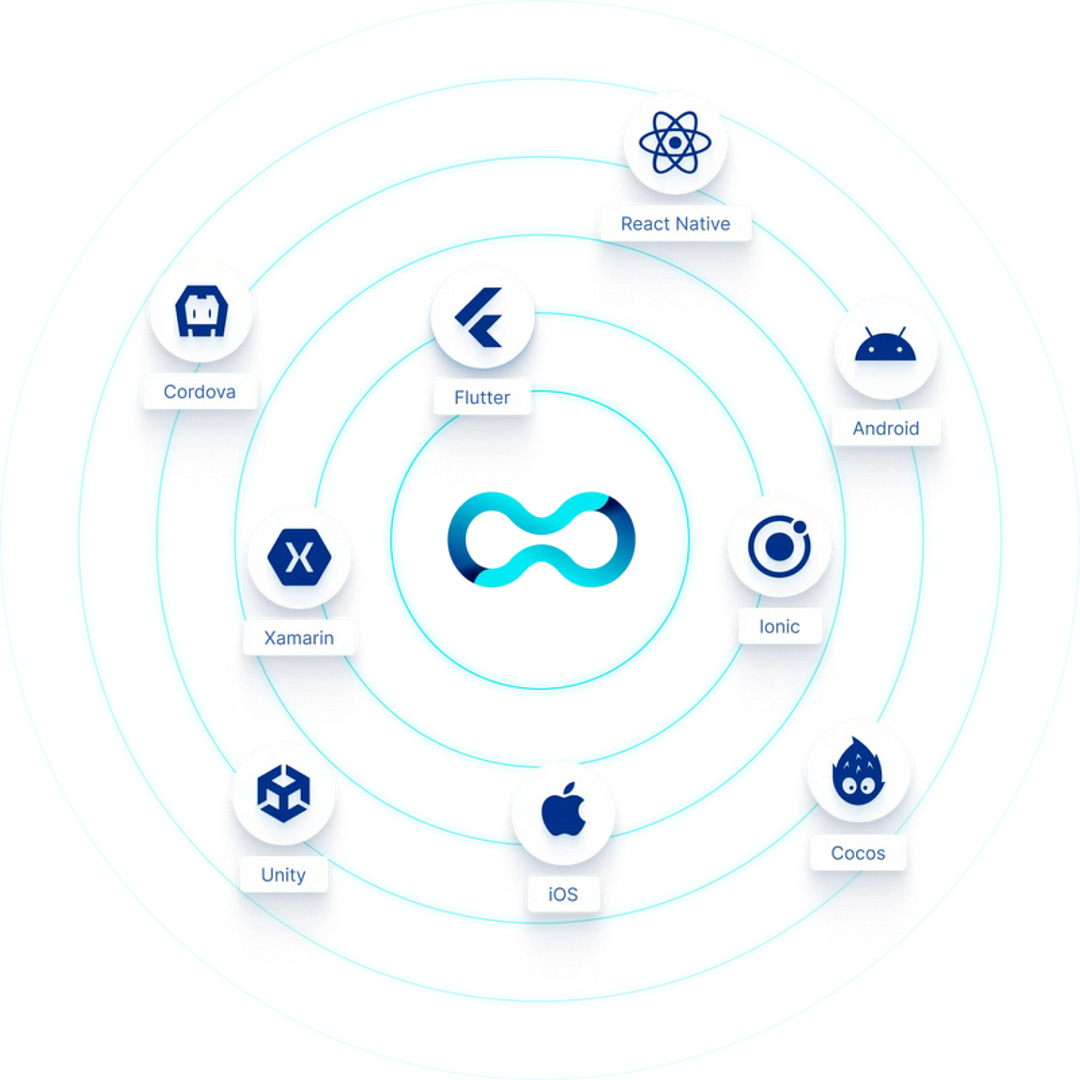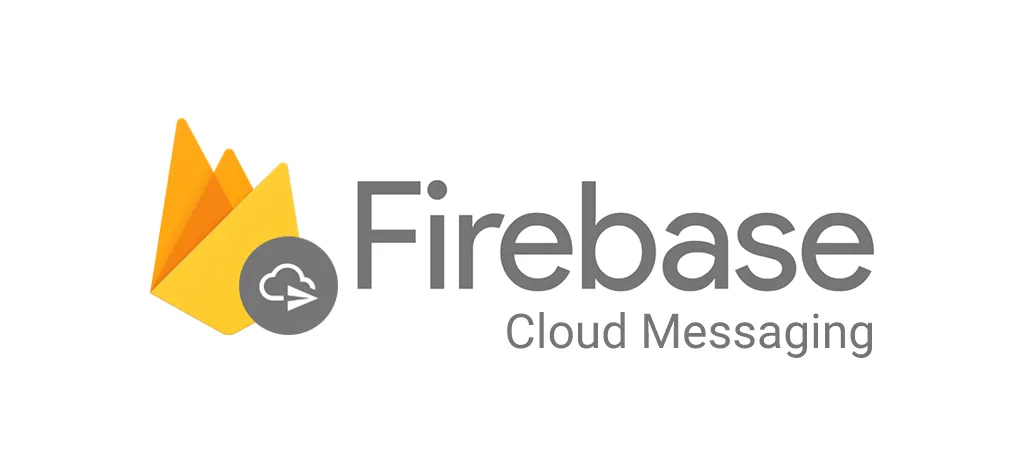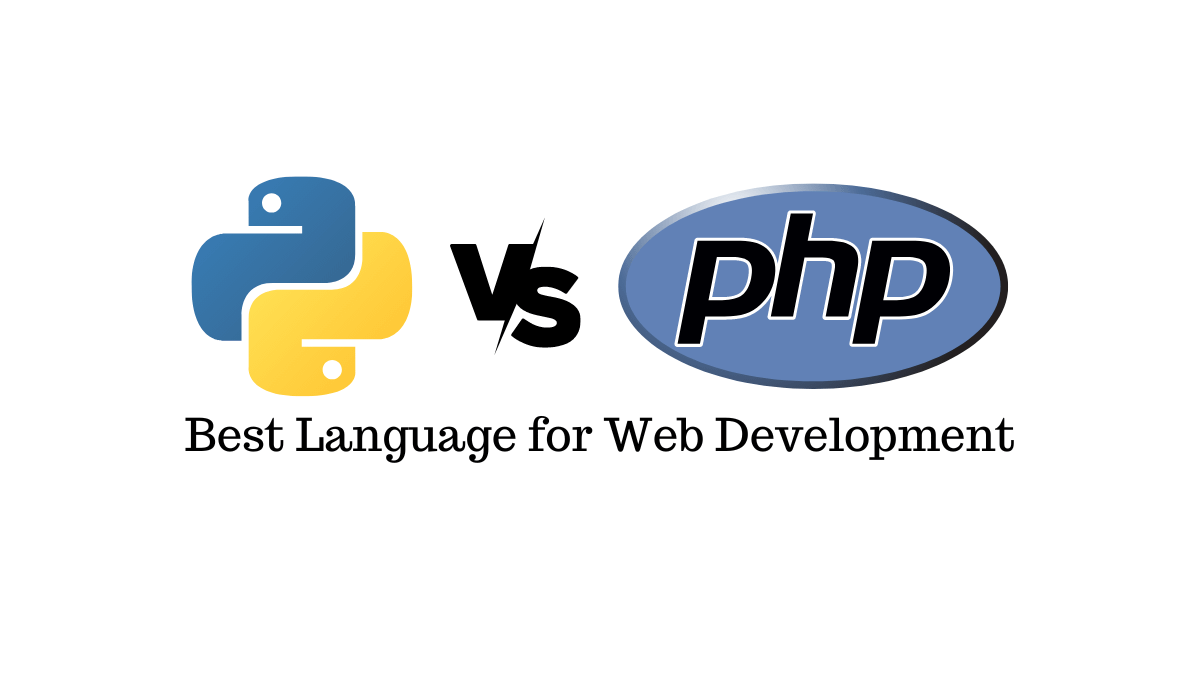
Blog Articles
Java vs. Kotlin: Choosing the Right Language
Table of Contents
Java and Kotlin, both integral parts of the Java Virtual Machine (JVM) ecosystem, offer distinct advantages for developers. Java, with its platform independence, mature ecosystem, and object-oriented nature, has been a stalwart in the programming landscape. Kotlin, introduced as a modern alternative, excels in conciseness, null safety, and seamless interoperability with Java. The choice between them depends on project needs, team expertise, and specific requirements. The ability of Java and Kotlin to coexist within the same project highlights their compatibility, allowing for a gradual adoption of Kotlin’s features while preserving the robust foundation of Java. Choosing the right language is pivotal, impacting not just development ease but also long-term maintainability and project success.
Java VS Kotlin
Java and Kotlin, both JVM-based languages, cater to diverse programming needs. It, with its longstanding presence, boasts a mature ecosystem, platform independence, and widespread community support. It excels in enterprise solutions and offers robustness and scalability. Kotlin, on the other hand, introduces modern features like conciseness, null safety, and expressive syntax. Known for seamless interoperability with Java, Kotlin streamlines development and reduces boilerplate code. The choice between Java and Kotlin hinges on project requirements, with Java’s stability appealing to large-scale applications and Kotlin offering a more modern, concise approach suitable for streamlined development and improved code readability.
The coexistence of these languages within the JVM ecosystem allows developers to combine their strengths within the same project, making the transition from Java to Kotlin gradual and adaptable based on specific project needs. Ultimately, the decision rests on factors like project complexity, team expertise, and the desired balance between tradition and innovation.
Key Feature of Java
Java is a high-level, object-oriented programming language developed by Sun Microsystems (acquired by Oracle Corporation) in the mid-1990s. It is designed to be platform-independent, allowing developers to write code once and run it anywhere. Java applications are typically compiled to bytecode, which can run on any device with a Java Virtual Machine (JVM). Key features of Java include:

Write Once, Run Anywhere (WORA)
Java’s platform independence is achieved through the compilation of code into bytecode, which is then interpreted by the JVM.

Object-Oriented
Java follows the object-oriented programming paradigm, encouraging the use of classes and objects for modular and scalable code.

Rich Ecosystem
Java has a vast and mature ecosystem with a wide range of libraries, frameworks, and tools, making it suitable for various types of applications, from enterprise solutions to mobile development.

Backward Compatibility
Java places a strong emphasis on backward compatibility, ensuring that code written in older versions can still run on newer Java runtimes.
Key Feature of Kotlin
Kotlin is a modern, statically-typed programming language developed by JetBrains, known for its popular integrated development environments (IDEs). Introduced in 2011, Kotlin is designed to be fully interoperable with Java, making it easy for developers to adopt incrementally. Kotlin was officially endorsed by Google as an official language for Android development in 2017. Key features of Kotlin include:

Conciseness and Readability
Kotlin aims to reduce boilerplate code and enhance code readability. It introduces features like data classes, extension functions, and smart casts to achieve this goal.

Null Safety
Kotlin addresses the notorious null pointer exceptions by incorporating null safety features, distinguishing between nullable and non-nullable types.

Interoperability with Java
One of Kotlin’s standout features is its seamless interoperability with Java. Developers can use Kotlin and Java code within the same project, allowing for a smooth transition or adoption of Kotlin in existing Java projects.

Modern Language Features
Kotlin incorporates modern language features such as lambdas, coroutines, and extension functions, providing developers with expressive and powerful tools.
Comparison Java VS Kotlin
| Java | Kotlin | |
| Syntax and Conciseness | It often needs more lines of code to get things done, but renowned for its platform independence and robustness, making it a stalwart choice for large-scale enterprise solutions. | Emphasizes conciseness, reducing boilerplate code with features like data classes and extension functions. |
| Null Safety | Can easily encounter issues where a variable doesn’t point to any data, leading to null pointer errors. It requires careful handling of null values to avoid unexpected crashes in the code. | The language enforces a null safety paradigm, reducing the likelihood of null pointer exceptions and enhancing code reliability. |
| Development Speed | Can be slower due to verbosity and boilerplate code. | Accelerates development with concise syntax, reducing coding effort and increasing productivity. |
| Interoperability | Mature and seamlessly integrates with other languages, but lacks some modern features. | Designed for full interoperability with Java, allowing smooth transition and coexistence within the same project. |
| Community and Ecosystem | Long-established with a massive and diverse community, extensive libraries, and frameworks. | Growing community with strong support from JetBrains and Google, leveraging existing Java libraries |
| Learning Curve | Widespread, established, and well-documented, making it beginner-friendly. | Relatively easy to learn, especially for Java developers, due to its interoperability and modern features. |
Conclusion
In the dynamic landscape of programming languages, the choice between Java and Kotlin hinges on project-specific needs and development preferences. Java, despite its verbosity and potential for null-related errors, remains a cornerstone for robust, platform-independent solutions, especially in extensive enterprise projects. On the other hand, Kotlin emerges as a modern, concise alternative, offering built-in null safety and a range of features that enhance developer productivity. The interoperability between Java and Kotlin provides developers with the flexibility to leverage the strengths of both languages within the same project, allowing for a gradual transition. Ultimately, the decision should align with the project’s scale, team expertise, and the desired balance between tradition and innovation in between Java vs Kotlin.

Get a Fast Estimate on Your Software Development Project
We are committed to delivering high-quality IT solutions tailored to meet the unique needs of our clients. As part of our commitment to transparency and excellence, we provide detailed project estimations to help our clients understand the scope, timeline, and budget associated with their IT initiatives.
Related Post









